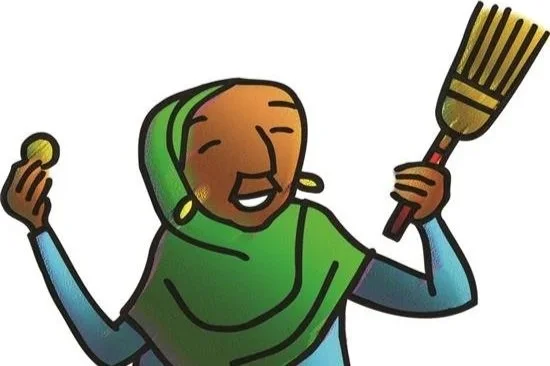What Does Repentance Look Like?
Sunday, September 14th, 2025
Luke 15:1-10
15Now all the tax-collectors and sinners were coming near to listen to him. 2And the Pharisees and the scribes were grumbling and saying, ‘This fellow welcomes sinners and eats with them.’
3 So he told them this parable: 4‘Which one of you, having a hundred sheep and losing one of them, does not leave the ninety-nine in the wilderness and go after the one that is lost until he finds it? 5When he has found it, he lays it on his shoulders and rejoices. 6And when he comes home, he calls together his friends and neighbours, saying to them, “Rejoice with me, for I have found my sheep that was lost.” 7Just so, I tell you, there will be more joy in heaven over one sinner who repents than over ninety-nine righteous people who need no repentance.
8 ‘Or what woman having ten silver coins, if she loses one of them, does not light a lamp, sweep the house, and search carefully until she finds it? 9When she has found it, she calls together her friends and neighbours, saying, “Rejoice with me, for I have found the coin that I had lost.” 10Just so, I tell you, there is joy in the presence of the angels of God over one sinner who repents.’
What does repentance look like for you? How would you describe it to someone else?
The Greek word used for repentance is metánoia. It means something to the effect of “going in the opposite direction”, not just feeling bad, apologizing, or changing one’s mind.
I imagine that most of us can get on board with this definition and understanding of repentance. And yet, Jesus rarely makes it easy for us! While we might think of that scene from “Indiana Jones: Raiders of the Lost Ark” when the boulder literally forces Indiana to run in the opposite direction …
However, this Sunday’s gospel reading requires us to contemplate on a deeper level. This week’s gospel is the first two parables Jesus tells leading up to his manifesto of the Prodigal Son…The Lost Sheep and The Lost Coin.
If repentance—metánoia—means going in the opposite direction and changing one’s life, how on earth are a lost sheep and a lost coin examples of repentance?
Does the sheep promise the shepherd to never wander off again?
Does the coin swear to the woman not to roll off the counter again?
How then are these parables about repentance, changing one’s direction, and drastically altering one’s life?
What if repentance, at least in this illustration by Jesus, has more to do with lostness and being found rather than straightening up one’s life once and for all?
The sheep does not return to the shepherd. The coin does not return to the woman. The shepherd and woman search tirelessly for the sheep and coin. The sheep and coin can do nothing on their own and rely solely on the grace and diligence of their caregivers.
Could this be another illustration of repentance? What if repentance is the realization that we indeed are lost to sin and self-centeredness and are powerless to save ourselves?
In modern times, many of us can quote the first step of 12-step programming…
Step 1: We admit we are powerless over the object/action/substance of our addiction and that our lives have become unmanageable.
Is this repentance? Is part of repentance realizing that we are hopelessly lost and rejoicing at being found worthy and wanted by Jesus? Is this freeing for you or infuriating? Does this seem like “cheap” grace, or a gift beyond measure?
What does repentance look like for you?


